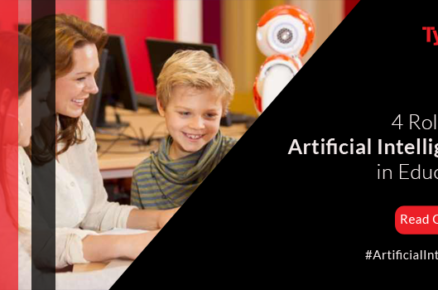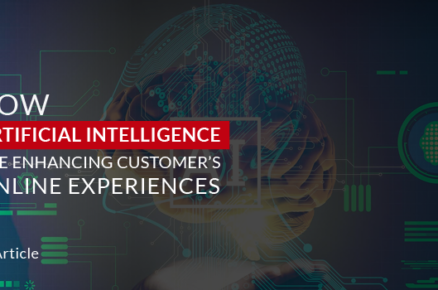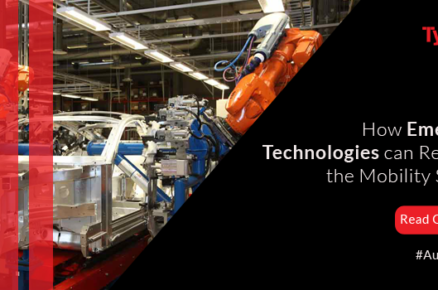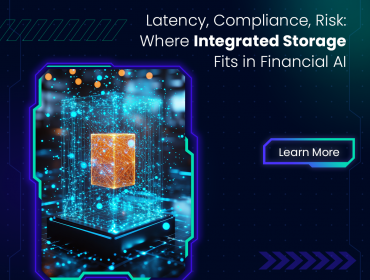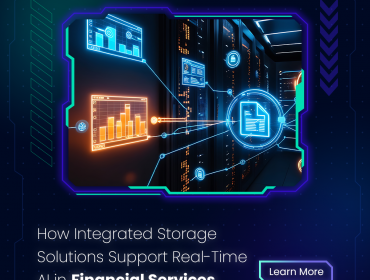Many modern companies, institutions and enterprises must be equipped with necessary and resource-saving digital strategy and technological infrastructure to help integrate cognitive computing systems into key business processes to elevate the value proposition of services on any scale.
Bullish on the business value of cognitive technologies
Many global leaders in the arena of cognitive and AI weigh in on what’s working and what’s the next big thing in the world of technology. With all the great hype and talk about cognitive and AI technologies in business circles and business discussions and conferences today, it’s natural to think whether these phenomenal capabilities are having any measurable impact. So there was a survey conducted among some of the most aggressive adopters of cognitive technologies how they have adapted and fared to date and also their learnings and inclinations towards the technology, focusing on 250 “cognitive-aware” leaders within “cognitive-active” companies. Question is: Why this group in particular? Not only can early-phase signals from such early adopters provide a view from the front lines of these important developments, but many other executives are simply not yet sufficiently knowledgeable about cognitive technologies. So what did these leaders tell us?
The survey results indicate that early adopters are bullish on cognitive and AI technologies, with expectations that they will transform both companies and entire industries – 2017 Deloitte state of cognitive survey
Cognitive computing (CC) technology revolves around making computers more adept at copying and mimicking the processes of the decision making process and human brain, which is basically making them more intelligent.
The primary aspect of cognitive computing technology is its phenomenal ability to learn and make human like decisions based on its experience and learning capabilities. It is technologies like AI and ML that enable cognitive computing systems to analyse a tremendous volume of data and generate insights, and use them as a learning experience to give optimised results. Owing to the astonishing performance of these systems overall, more and more industries, companies, institutions and organisations are leveraging cognitive solutions to leverage their operations – like data curation and accruement, insight generation and analysis, action planning and management – and revenue productivity. These Sophisticated cognitive systems are very good at doing the heavyweight lifting – pulling data together, scanning and interpreting as well as analysing the information, and then presenting the relevant answers to users so that they can make more confident and effective business decisions that impact performance and revenue.”
The steep rise in the volume and magnitude of software-as-a-service (SaaS) based enterprise management solutions has helped leverage more and more entrepreneurs and business leaders digitise, automate and streamline their enterprises by providing the essential technological framework. The right SaaS products can make a huge deal of a difference to emerging startups, SMEs and big organisations alike. For example, to maximise the impact of cognitive initiatives, digital architecture must have cloud technology integrated into the system. It is so because for cognitive computing systems to process seamlessly, a massive amount of data for analysis, pattern identification and prediction, an extensive computing power is required.
Advantages of Cognitive Computing:
In the arena of process automation, the modern computing system is set to revolutionize the present day and legacy systems. According to Gartner, cognitive computing will be disrupting the digital sphere unlike any other technology witnessed in the last 20 years. By having the phenomenal ability to analyze and process large amounts of volumetric data, cognitive computing helps to leverage and employing a computing system for relevant real-life system and scenarios. Cognitive computing has a host of benefits including the following:
Accurate Data Analysis
Cognitive systems are superbly-efficient in collecting, analyzing, juxtaposing, and cross-referencing information to analyze a situation much more effectively than humans could possibly do, effectively.
Leaner & More Efficient Business Processes
Cognitive computing can analyze emerging patterns and trends in a given set of Big data in a matter of minutes, spot high revenue-generating business opportunities, and take care of critical process-centric issues in real-time. By examining a vast amount of data, a cognitive computing system such as Watson can simplify processes; reduce risk, and pivot according to changing circumstances. While this prepares businesses in building a proper response to uncontrollable factors, at the same time it helps to create lean business processes.
Improved Customer Interaction
The technology can be used to enhance customer interactions by implementing robotic process automation. Robots can provide contextual information to customers without needing to interact with other staff members. As cognitive computing makes it possible to provide only relevant, contextual, and valuable information to the customers, it improves customer experience, thus making customers satisfied and much more engaged with a business.




